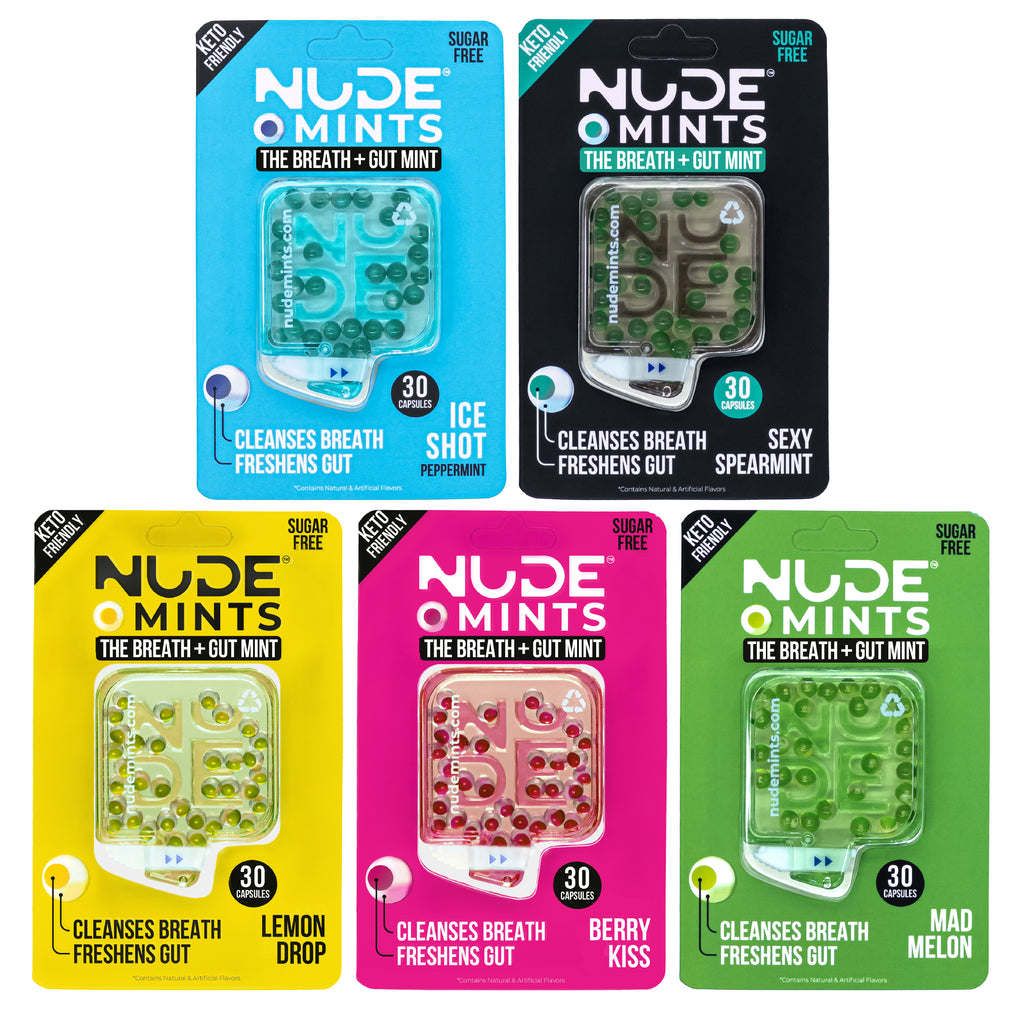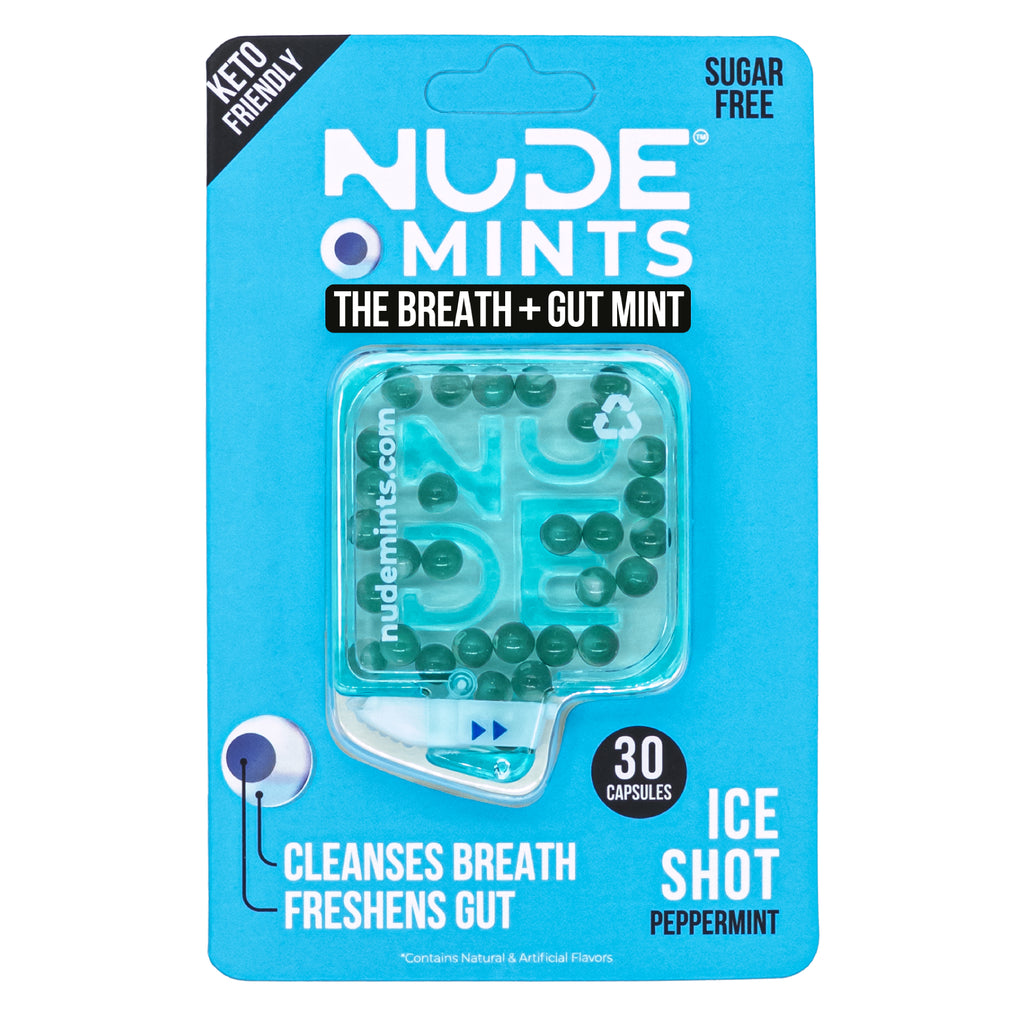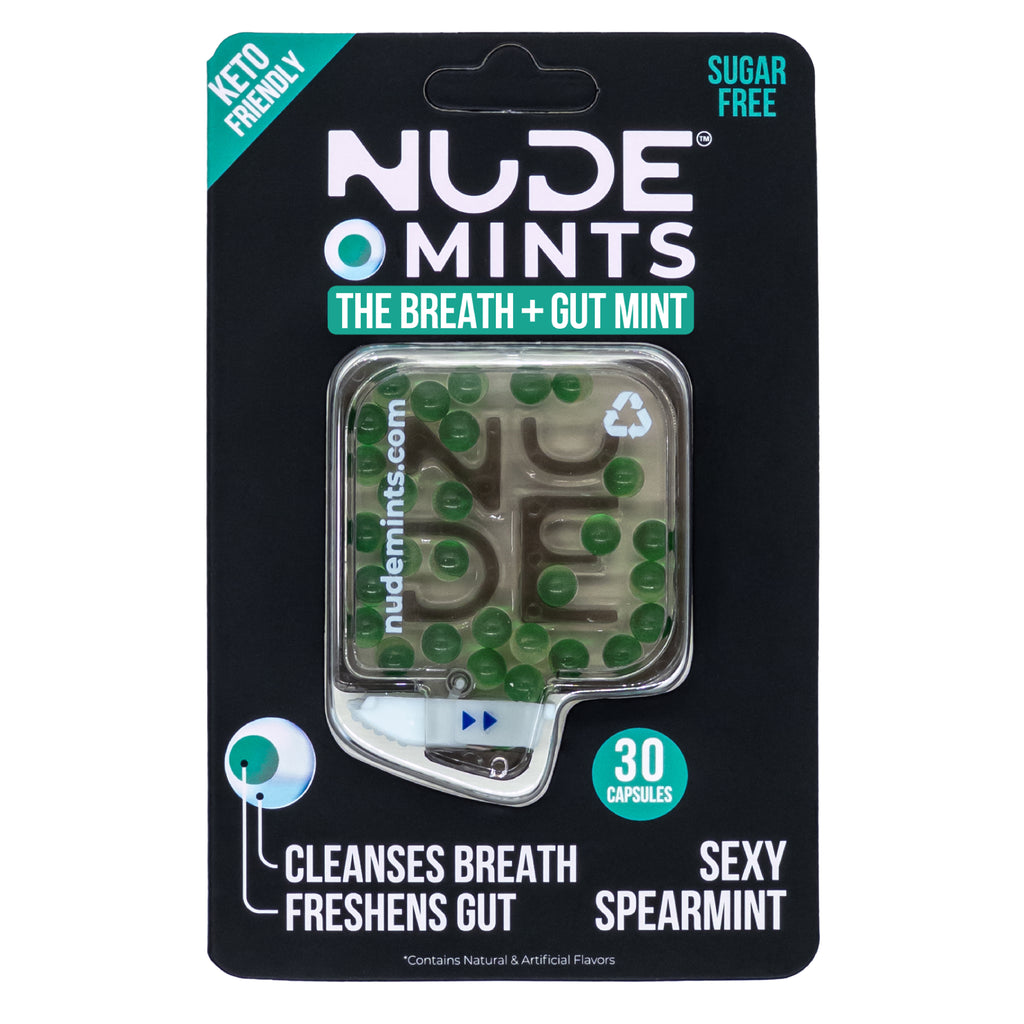How to Improve Digestion for Better Gut Health and Fresher Breath
-
Improving digestion is essential for better gut health and fresher breath. Digestion is a complex process that begins in the mouth and ends in the small intestine. It involves a series of chemical and mechanical processes that break down food into nutrients that the body can absorb and use. Poor digestion can lead to a range of digestive issues, including bloating, constipation, diarrhea, and bad breath. In this article, we will explore some simple tips to improve digestion and promote better gut health.
Chew Your Food Thoroughly
Digestion starts in the mouth, where the food is broken down into smaller pieces by chewing. Chewing your food thoroughly not only makes it easier to swallow but also helps to release digestive enzymes in the mouth. These enzymes start breaking down carbohydrates, fats, and proteins before the food reaches the stomach. So, take your time and chew your food thoroughly before swallowing.
Eat in a Relaxed Environment
Eating in a relaxed environment can help to reduce stress and promote better digestion. When we are stressed, our body goes into a "fight or flight" mode, which can affect digestion. Stress can lead to decreased blood flow to the digestive system, which can slow down digestion and lead to bloating, constipation, and other digestive issues. So, try to create a calm and relaxed environment when you eat. Turn off the TV, put away your phone, and take some deep breaths before you start eating.
Stay Hydrated
Drinking enough water is essential for proper digestion. Water helps to break down food, move it through the digestive system, and prevent constipation. Dehydration can lead to hard, dry stools that are difficult to pass, leading to constipation. So, make sure you drink enough water throughout the day to keep your digestive system healthy.
Eat Fiber-Rich Foods
Fiber is an essential nutrient that plays a crucial role in digestion. Fiber helps to bulk up stools and promote regular bowel movements. It also helps to feed the good bacteria in the gut, which can improve gut health. Good sources of fiber include fruits, vegetables, whole grains, and legumes.
Limit Your Intake of Processed Foods
Processed foods are high in calories, sugar, and unhealthy fats, and low in nutrients. These foods can be difficult to digest, leading to bloating, gas, and other digestive issues. So, limit your intake of processed foods and opt for whole, nutrient-dense foods instead.
Incorporate Probiotics into Your Diet
Probiotics are beneficial bacteria that live in the gut and help to promote better digestion and gut health. You can get probiotics from fermented foods like yogurt, kefir, sauerkraut, and kimchi, or from probiotic supplements.
Practice Mindful Eating
Mindful eating involves paying attention to your food and your body while you eat. It can help you to recognize when you are full, reduce overeating, and promote better digestion. To practice mindful eating, focus on your food while you eat, chew slowly and thoroughly, and listen to your body's signals of hunger and fullness.
Conclusion
Taking care of your digestive health is crucial for overall well-being, including fresher breath. By following the tips mentioned in this article, you can improve your digestion and enjoy better gut health. Additionally, incorporating Nude Mints, which are made with safe ingredients and help freshen breath, into your daily routine can also contribute to a healthier digestive system. Try these tips and Nude Mints to feel better and live healthier.
Are you looking for a delicious way to freshen your breath? Look no further than Nude Mints! With a range of tasty flavors, these mints are the perfect addition to your daily routine. Don't miss out on the benefits – order your Nude Mints today and start feeling your best!
Get the freshest news on your favorite mouth cleanser and gut freshener!
Read More
-
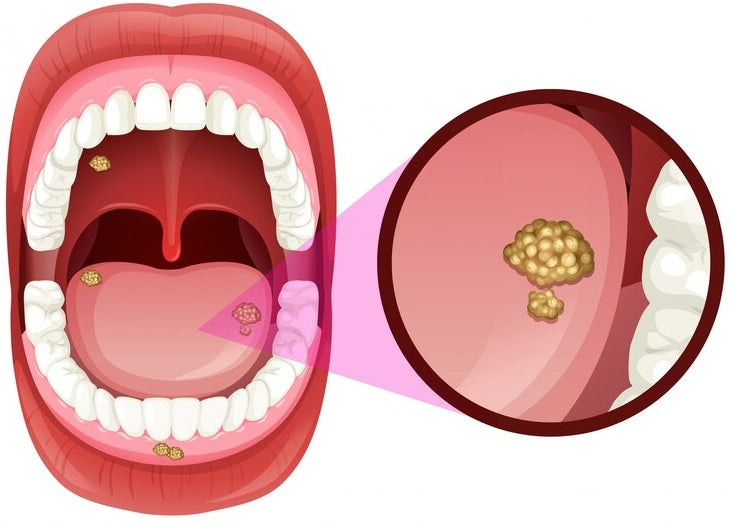
Halitosis: Understanding the Causes, Diagnosis, and Treatment for Fresh Breath
Halitosis, commonly known as bad breath, is a condition that affects a large number of people worldwide. It can be an embarrassing and isolating experience, but it is important to know that it is a common problem and that there are effective treatments available. In this article, we will discuss the causes, diagnosis, and treatment of halitosis. Causes of Halitosis Halitosis can have several causes, both internal and external. The most common causes include poor oral hygiene, dry mouth, certain foods and drinks, smoking, and certain medical conditions. Poor Oral Hygiene Poor oral hygiene is the most common cause of halitosis. When food particles and bacteria build up in the mouth, they can cause an unpleasant odor. Brushing and flossing...
-
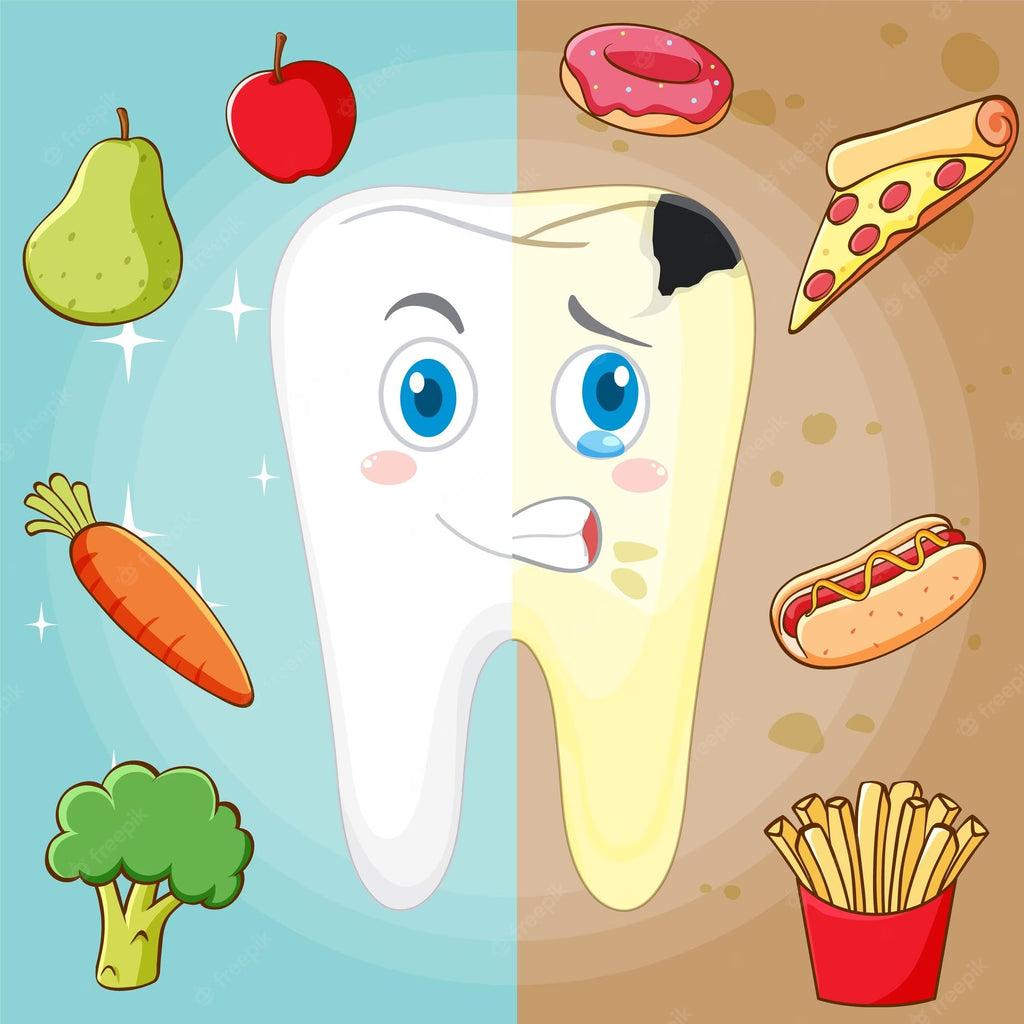
Crucial Connection Between Nutrition and Oral Health: Guide for Better Dental Care
As a dental health professional, we understand the importance of maintaining good oral hygiene to prevent cavities and gum disease. Brushing twice a day and flossing daily are essential habits, but did you know that nutrition also plays a crucial role in keeping your mouth healthy? In this article, we will explore the connection between nutrition and oral health and how you can make better food choices to support your dental health. How Nutrition Affects Oral Health Your diet can impact your oral health in many ways. A diet high in sugary and acidic foods can increase the risk of tooth decay and gum disease. When you eat sugary foods, the bacteria in your mouth feed on the sugar and...
-
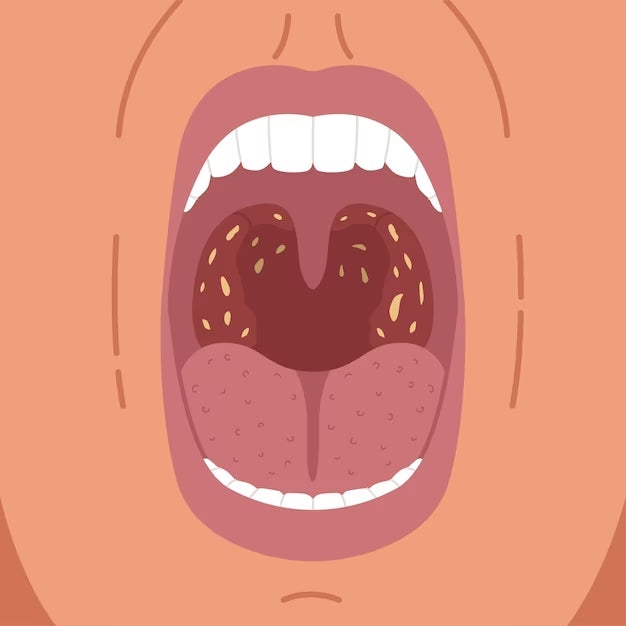
How to Treat Bad Breath Caused by Dry Mouth
Do you ever feel self-conscious about your breath? Do people avoid talking to you because of bad breath? Dry mouth, also known as xerostomia, can cause bad breath and make social interactions uncomfortable. In this article, we will discuss what causes dry mouth, how it leads to bad breath, and what you can do to treat it. Table of Contents What is dry mouth? Causes of dry mouth How dry mouth causes bad breath Signs and symptoms of dry mouth Diagnosis of dry mouth Treating dry mouth Home remedies for dry mouth Professional treatments for dry mouth Tips for maintaining oral hygiene Foods and drinks to avoid with dry mouth Conclusion FAQs What is dry mouth? Dry mouth occurs when...
-
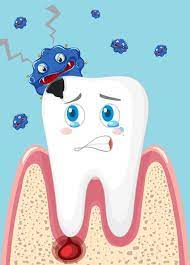
The Relationship Between Diabetes and Gum Disease: Understanding the Link
Diabetes and gum disease are two conditions that may seem unrelated, but research has shown that they are actually closely linked. In fact, individuals with diabetes are more likely to develop gum disease, and those with gum disease are more likely to have difficulty controlling their blood sugar levels. This article will explore the connection between diabetes and gum disease, and provide insights on how you can reduce your risk of developing both. The Relationship Between Diabetes and Gum Disease Diabetes is a condition that affects the body's ability to produce or respond to insulin, a hormone that regulates blood sugar levels. When blood sugar levels are consistently high, it can lead to a range of health complications, including nerve...
